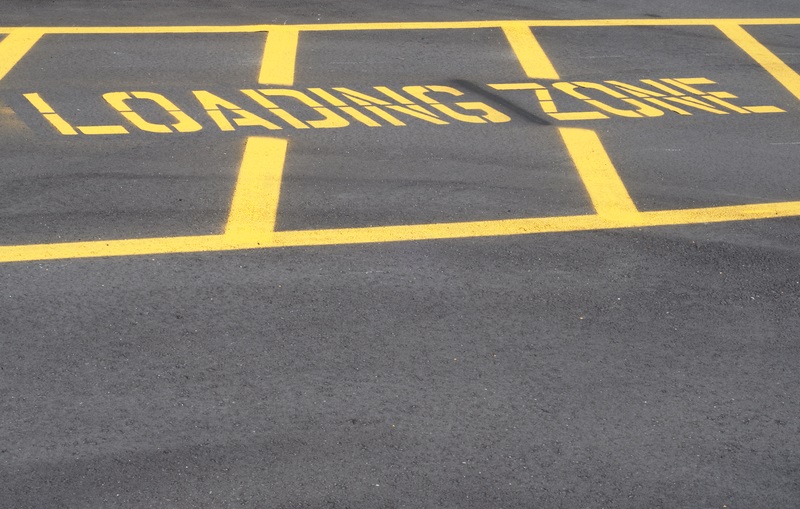
Photo: Robert Cabrera | Dreamstime.com
Philadelphia pilots smart loading zones with Sidewalk Labs
04 October 2022
by Sarah Wray
Philadelphia is launching a pilot project to manage commercial loading activity digitally as demand for spaces increases.
Pebble at Sidewalk Labs, which is part of Google, was awarded the contract for the six-month pilot following a request for proposals (RFP).
The city will designate 21 ‘Smart Loading Zones’ in District 1. Using Pebble’s app, drivers will be able to reserve spaces up to 15 minutes in advance, navigate to the zone with directions, and pay when they leave.
The SmartCityPHL team, the Department of Streets, the Philadelphia Police Department and the Philadelphia Parking Authority collaborated to launch the pilot.
Increased demand
The city said a rise in delivery and ride-share services has increased illegal parking and traffic congestion, leading to traffic safety issues.
“Smart Loading Zones can provide a reliable and efficient way for delivery drivers to safely use the kerb space,” said Philadelphia’s Smart Cities Director Akshay Malik.
“Additionally, they can help reduce unsafe and illegal parking in Philadelphia. This six-month pilot will help the city explore cutting-edge technologies that can improve the user experience for all kerb users.”
He added: “It is a SmartCityPHL goal to ensure that new technology works for our residents before fully adopting it and scaling it up.”
The Smart Loading Zone Pilot Project will begin on 17 October. The reservation fee is US$3 per hour and commercial vehicles will only be charged by the minute for the length of time they are in the loading zone.
Bigger picture
Mike Carroll, Philadelphia’s Deputy Managing Director for Transportation, Infrastructure and Sustainability, commented: “Currently, the city doesn’t know how loading zones are used in Philadelphia and how many people need to use them.
“This pilot aims to better understand the usage of loading zones so that the city can figure out ways to improve traffic safety and reduce congestion. Overall, the project aims to identify how loading zones play into the larger picture of Philadelphia’s traffic and streets usage.”
The pilot will also use the Open Mobility Foundation’s Curb Data Specification (CDS). The standard was developed collaboratively as a mechanism for cities to express kerb regulations, measure activity and develop policies to optimise space usage.
Since walking away from plans to build a high-tech neighbourhood on Toronto’s waterfront in 2020, citing “unprecedented economic uncertainty”, Sidewalk Labs has focused on developing products for verticals such as parking, building automation, real estate planning, and residential electrification. It was folded back into Google earlier this year.







